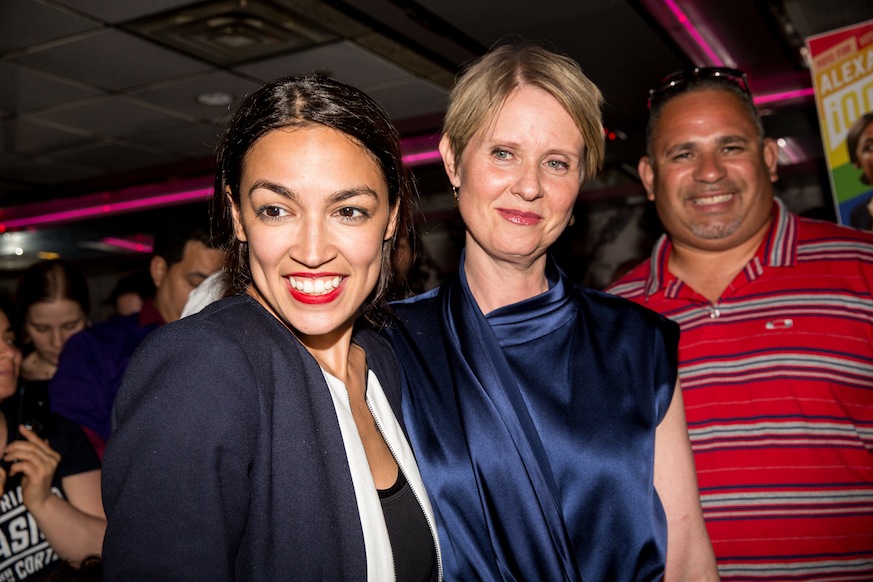Alexandria Ocasio-Cortez’s name was everywhere in the wake of her Tuesday primary win. Her defeat of incumbent Rep. Joe Crowley was deemed a “shocking upset” by many. In unseating the 10-term member of Congress in the first primary election he’s faced in more than a decade, Ocasio-Cortez secured a place in history.
So, what does this mean for the future of politics? Metro spoke with Patrick Egan, a politics professor at New York University who focuses on public opinions, campaigns and elections.
Metro: Just how shocking was Alexandria Ocasio-Cortez’s win?
Patrick Egan: It’s very surprising. It’s always unusual these days when an incumbent member of Congress is beaten in their own primary and it’s even more surprising when that incumbent is so high up in the party’s leadership as Crowley was. He was the No. 4 Democrat. Typically, those people have pretty safe re-election bids, and this one has to be chalked up as a shocker.
How did this happen?
I think there’s a lot of different reasons, and we’ll never really know exactly why. One of them is that [Crowley] is a white Democrat in a district that is overwhelmingly people of color, so in some sense, the demographics of his district were pretty far out of alignment with him. Of course, he won in that district many times before, but in a year when Democratic voters are paying more and more attention to issues of identity, I think that was something that cut against him particularly strongly this year.
Do you expect more shifts in what a Congress member looks like?
Certainly we’ve seen so far this year that, particularly on the Democratic party side, there is an unprecedented number of female candidates who are running and have won primaries. Certainly on the basis of gender that is the case, that the party’s nominees and ultimately the caucus in the House is going to be more diverse than ever before.
What does this signal to the Democratic party and other long-term Congress members?
One of the questions that Democrats are going to face after the November election, and whether or not they win back control of the House, is the extent to which they want to keep their leadership structure. The top Democrats have been in place quite a long time, so a big question will be to what extent the leadership of the Democratic caucus changes to better reflect the varying demographics of Democratic voters, on the basis of age, gender, ethnicity, etc.?
So, are these older Democrats ready to pass the baton to younger politicians?
It’s hard to say. Something Nancy Pelosi would probably say is, in an era in which Democrats are really on the defensive in Washington, you might want leadership with experience and tenaciousness. What we hope for in the party is a healthy debate between that tension of experience and renewal, and I think we’re starting to see that debate right now.
Since New York District 14 historically overwhelmingly votes Democrat, is Alexandria Ocasio-Cortez a sure win in November?
There are districts all around the country that are heavily Democratic or Republican. In those districts, including the 14th, winning the primary is really tantamount to winning the election, so for all intents and purposes she is the next Representative for New York’s 14th District.
That would make her one of the youngest members of Congress. Was her age a factor in her win; are more young voters participating?
It’s really hard to say from the data we have from [Tuesday’s] election. What I would point to though, is across the state, a number of long-term Democratic incumbents faced surprisingly strong challenges. … At least in New York, there was a rare moment of weakness for the state Democratic party machine and its incumbents. That’s something to look more closely at moving toward the fall, with the Andrew Cuomo-Cynthia Nixon race.

























